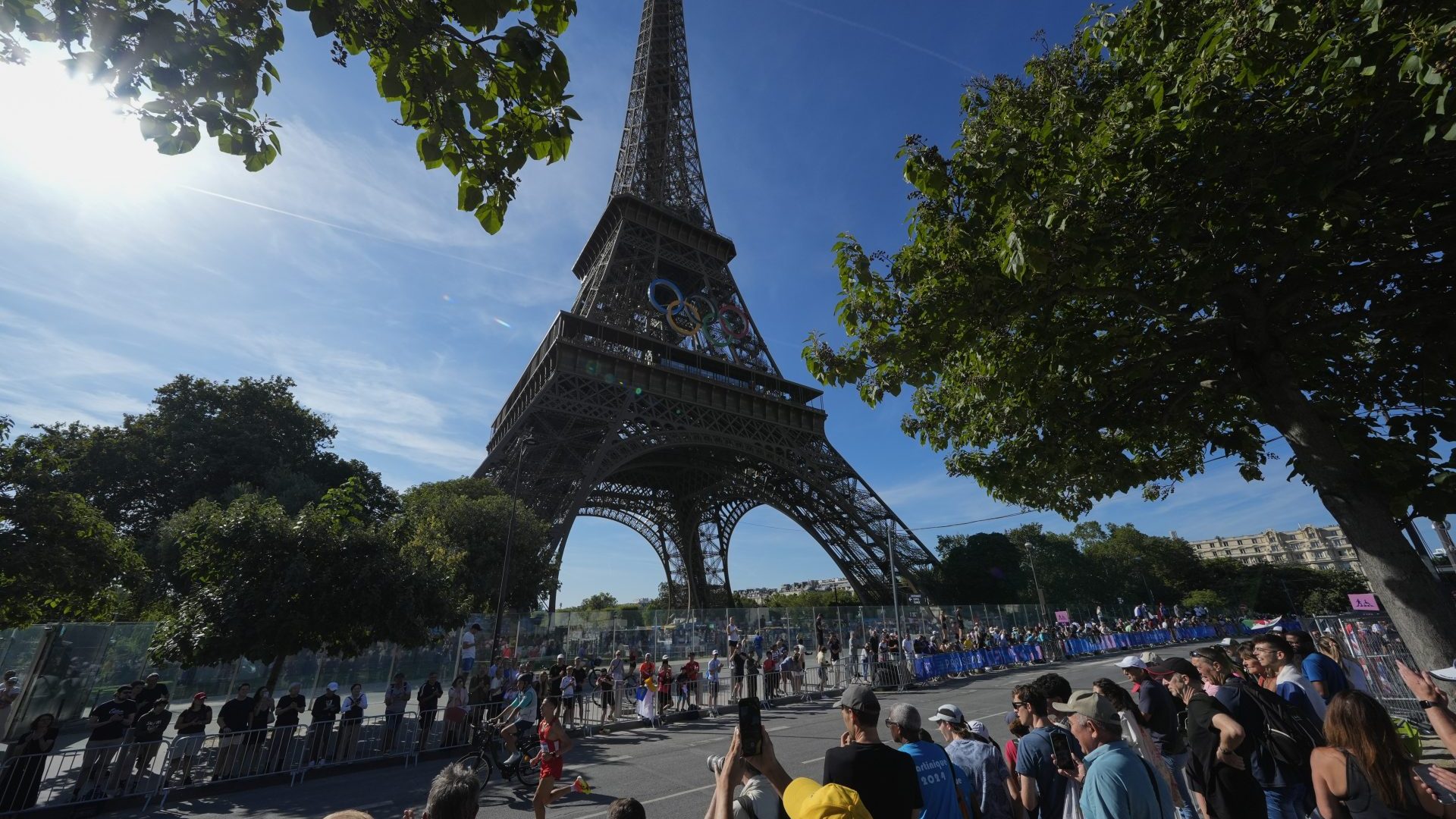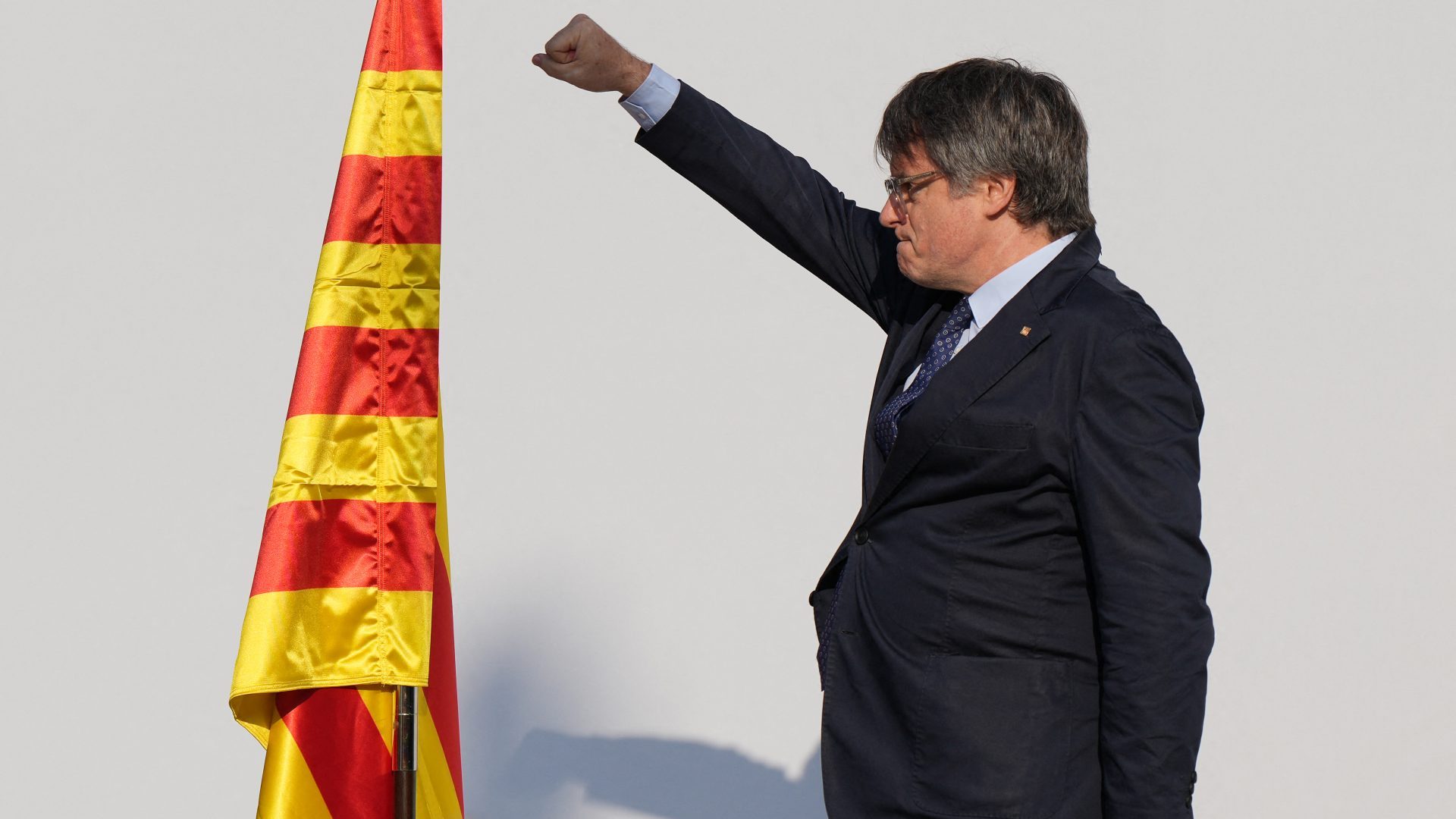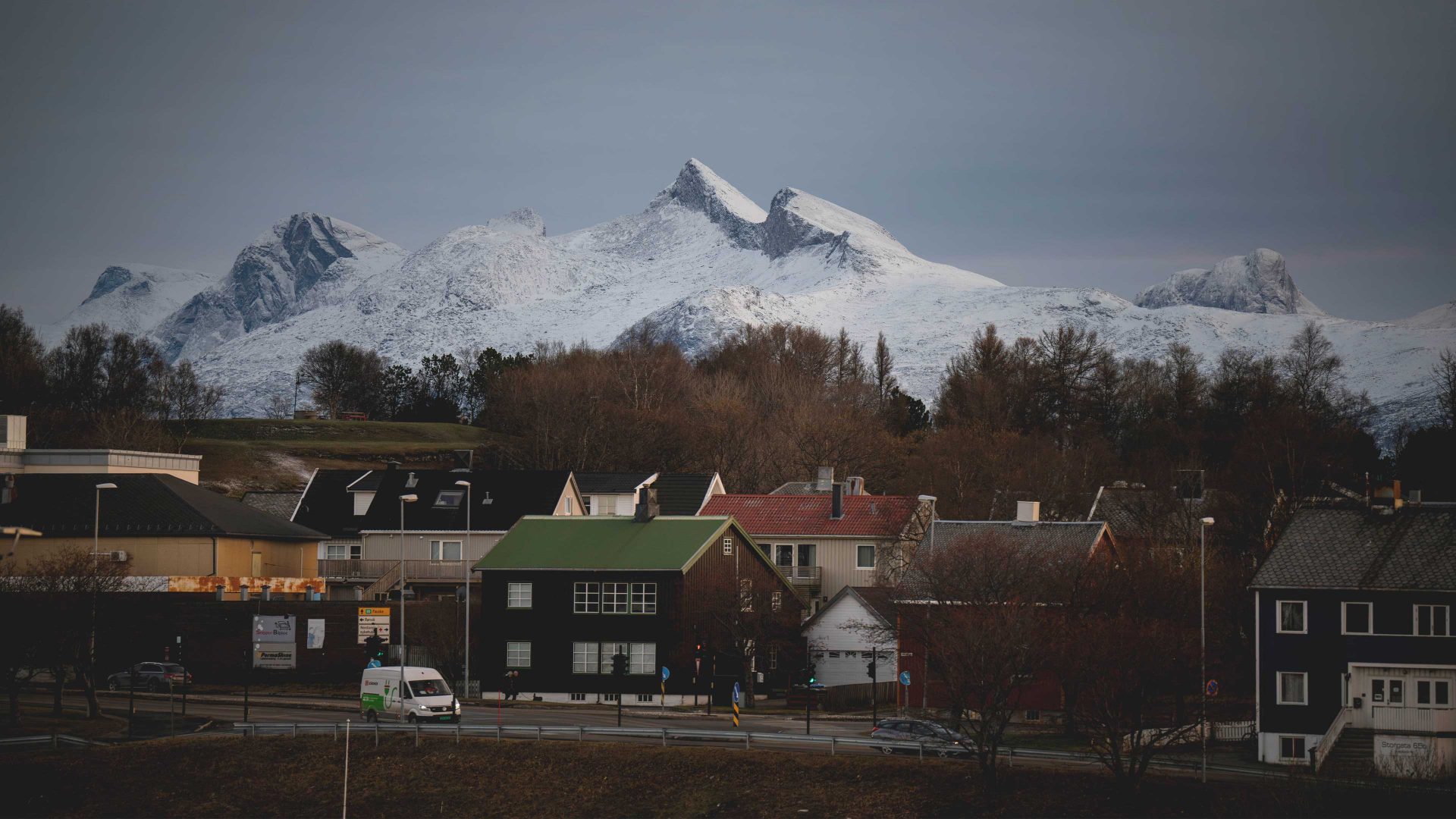On the boulevards of Paris, the euphoria of the Olympics has prompted an unexpected outpouring of summer joy where just weeks before there was grim disharmony. After the scathing political cynicism and sabotage attacks which preceded the opening ceremony, the Paris Games were an unprecedented success, temporarily unifying a fractured country in a way that few anticipated.
This was beautifully epitomised by a poignant and spectacular closing ceremony in the Stade de France, one that left many viewers feeling melancholic that such a glorious fortnight had come to its inevitable end.
The attention-grabbing headline was Tom Cruise descending from the stadium roof on a wire, a daring stunt which marked the perfect way to handover the Olympic flag to the 2028 host Los Angeles. But it was the beaming athletes bearing their national flags who perhaps best characterised a Games that overcame considerable obstacles and opposition to transform into one of the most memorable of recent years.
They looked absolutely overjoyed, carried away with an ebullience typifying the Olympic values of excellence, respect and friendship.
So too the reaction of Parisians, so often stereotyped as being aloof and supercilious by their provincial compatriots. That has been another of the most notable transformations.
Hundreds of thousands who could not afford the often extortionately priced official event tickets have not just accepted the disruption of the world’s greatest sporting event but embraced it wholeheartedly. Official fan zones across Paris were mobbed throughout the Games, and a carnival atmosphere was – according to those in the City of Light – tangible throughout.
I, however, have been monitoring the Games from precisely 175 miles south of the Stade de France, in one of France’s most sparsely populated areas, where the festival of sporting greatness has been greeted in the households I encounter with a non-committal Gallic shrug.
Speaking to friends and relatives in the Indre departement, this universally mocked gesture best summed up their response to the once-in-a-lifetime phenomenon happening in their own country.
It’s not that the French outside Paris have not been engaged by the Olympics; most people I have spoken to have been delighted by the success of their athletes and the record medal haul.
They have been switching the TV on to watch Léon Marchand’s sensational feats in the swimming pool, and record-breaking excellence in many other events.
That sporting glory seems, though, to be separated from any sense that hosting the games can be a unifying force for the greater good of the nation.
Watching the occasional race on television as I have, it is as if the Games could be taking place anywhere, Tokyo or Beijing for example, rather than a mere three-and-a-half hours up the road. I asked several people whether they were more passionate about French success because Paris was hosting. “Pas de tout,” said one. “Je m’en fous,” another (I couldn’t care less).
I have not spoken with or heard about anyone here who has been tempted to spend a few days in Paris to soak up the atmosphere. There are undoubtedly exceptions, but the typical reaction has been that the tickets were far too expensive, and travelling to Paris is just not worth the aggravation.
Away from the capital, which is hosting the Olympics for the first time in a hundred years, summer life has been very much proceeding as normal.
The customary journée noire traffic jams that clog the French motorway network on the changeover weekend when those families that have taken the whole of July off return home and those that have opted for August head off were no different this year.
The campsites in the coastal resorts have been as booked up as ever. The quaint, well-funded festivities with which French municipalities use up their burgeoning cultural budgets have taken place in their normal, slightly underwhelming fashion.
I pointed out to one of my French relatives that there will probably never be another opportunity to see the Olympics in their own country. They shrugged and focused on the more important business of deciding what we would be drinking for that evening’s aperitif.
I know more people in London who have taken the Eurostar to Paris to catch a single event at the Games than I do from the central rural region of France where I am now.
Don’t get me wrong, the Olympic torch relay definitely did inspire many of those who were able to see the flame being held aloft through their village.
The route passed close to here on its way between the Futuroscope theme park near Poitiers and the region’s principal city Chateauroux. That momentary celebration, however, has definitely not translated into a wider attachment to the Olympic spirit where I am in la France profonde.
Our local equivalent of the Olympic opening ceremony was the annual fireworks display over the artificial lake in Chaillac, population 1,076. Over the course of half an hour, the night sky was ablaze with a swelling crescendo of colourful explosions, each fresh volley more vibrant and iridescent than the last.
Accompanied by an orchestral soundtrack blasted from speakers battened to a van on the other side of the lake, the breathtaking demonstration was a son et lumière marvel that deserved a grander backdrop, like Versailles or the Arc de Triomphe.
Conditioned as I am by Guy Fawkes Night, I couldn’t stop myself whooping in the brief lulls. My wife, who is French but has spent most of her adult life living in England, joined in.
We soon realised, however, that we were the only ones responding to the excitement. Hundreds of fellow locals on fold-up chairs and picnic blankets did not even bother clapping.
Once we refrained – realising our exuberance might be disturbing their contemplative digestion of regional delicacies like fromage de chevre – it became awkwardly apparent that the whole audience was completely silent. At the end of the display, there was muted applause, but it was by no means rapturous. Within seconds of folding up their seats, people trudged back to their cars. They did not look elated.
The display had actually been so ferocious that every vehicle was coated in a thin layer of ash when we got back to the car park field. I couldn’t help but wonder how much such a ceremony must have cost the Chaillac municipality. How on earth could this paltry commune have afforded an expensive event that, from my memory, seemed more impressive than the last time I had witnessed a New Year’s display in London?
But I was obviously the only person there preoccupied by such thoughts. In rural France it seems the complacency which comes as a by-product of living in Europe’s most bountiful, even cosseted state can also lead to apathy.
Football matches here are much the same. Every time I’ve been to see our local side LB Chateauroux FC play, two sides of the stadium are sectioned off, and an MC walks on to the pitch in a laughable attempt to create some atmosphere.
As the Olympic lustre inevitably fades, it’s tempting to wonder whether the unifying spirit of Paris will also seep away, especially in places like this where support for divisive far-right figures like Marine Le Pen is so high.
For now, the formation of the next government has been put on hold until the Games and the Paralympics are over. Yet everyone knows it is only a temporary truce.
Many French people I’ve talked with seem to regard the Olympics as a pleasant distraction from the bitterness and rancour which they know will inevitably return when the politicians are back at their desks in September.



